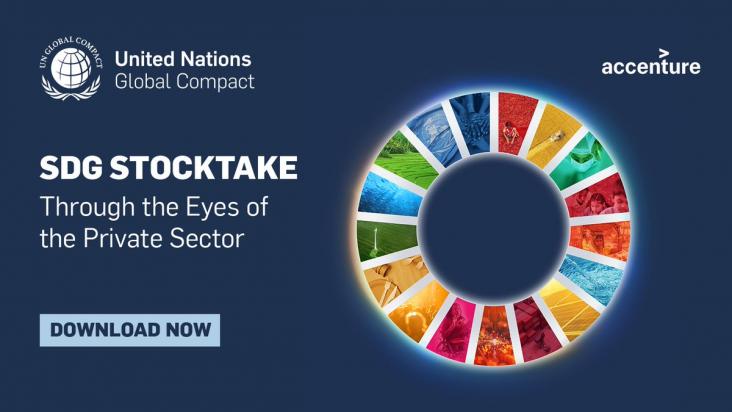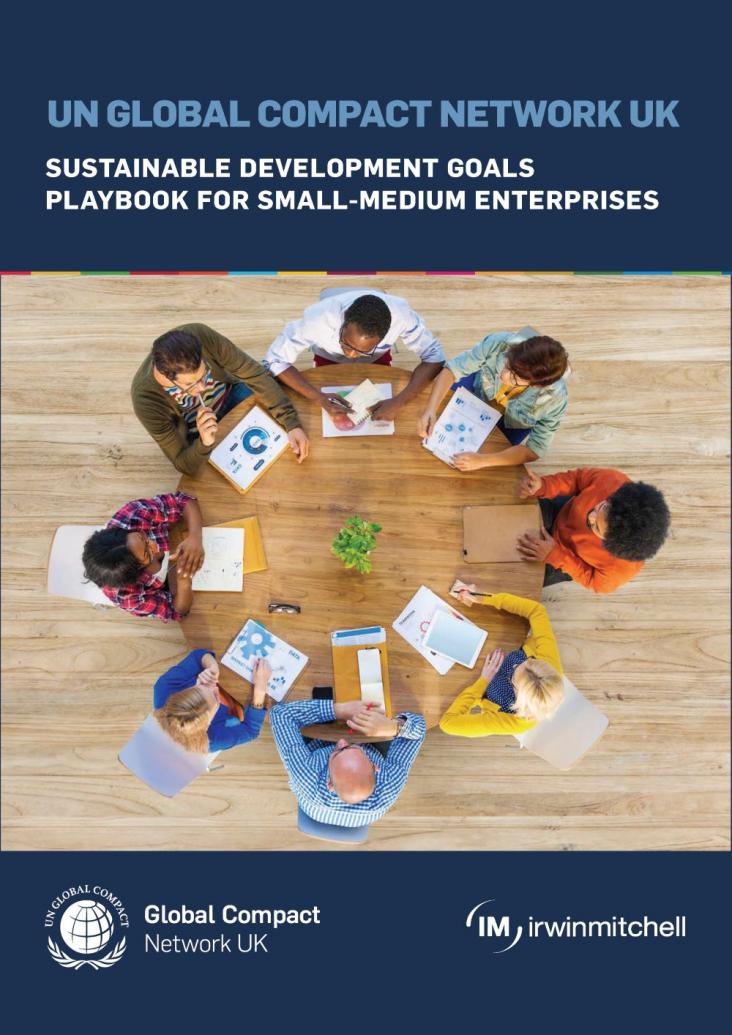

International Day for the Total Elimination of Nuclear Weapons 2026: A World United for Peace and Disarmament

International Day of Multilateralism and Diplomacy for Peace 2026
Uniting for a Peaceful and Sustainable Future

International Day to End Impunity for Crimes against Journalists 2026
Advocating for a Safe and Free Press

International Day of Remembrance of the Victims of Slavery and the Transatlantic Slave Trade 2026
Honoring Memories, Fostering Resilience


This paper reviews the integration of diverse medical data types to enhance personalized healthcare, proposing a unified framework that aligns with the DIKW hierarchy and supports advances across predictive, preventive, personalized, and participatory medicine. It aims to guide researchers and practitioners in harnessing multimodal fusion to transform patient care.
